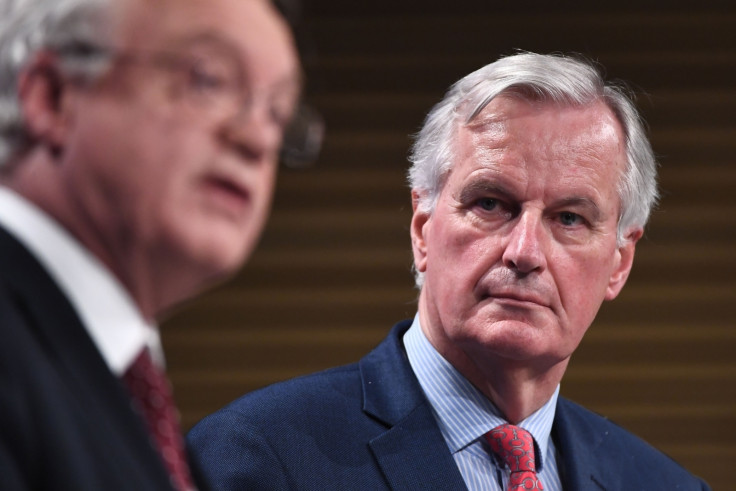EU demands that after Brexit foreign citizens can come and stay in Britain indefinitely
EU chief negotiator Michel Barnier suggests the UK's power in any new immigration system should be curbed.
Brexit talks have hit rocky ground as it emerged that the EU is pushing Britain to ensure that all citizens who come to the UK after Brexit are allowed to stay, upending a deal reached in December.
The EU is demanding that people who come from the EU to Britain once the Brexit process is complete are allowed to remain in the country indefinitely, The Times reported.
In December, when the first phase of talks were concluded, it had been agreed that citizens who moved to Britain before the country leaves the EU in March 2019, should be allowed to stay, but these new plans could throw the agreements from 2017 into disarray.
It was also agreed that after Brexit but until the end of the two-year transition period in 2021, that citizens would be eligible for automatic residency rights for an indefinite period.
The EU is founded on four basic principles; the free movement of goods, services, capital and labour. This involves the freedom of movement of individuals between EU member states.
In new draft negotiations which have been drawn up by the EU's chief Brexit negotiator, Michel Barnier, there is the suggestion that the UK's power in any new immigration system should be curbed.
The new plans have come after concerns were raised by eastern European nations, including Poland, at the new registration conditions that Britain could impose once it regains controls over its borders.
Wranglings over the exact date that the changes to freedom of movement will come into place have also risen.
In December, Theresa May and EU Commission President Jean-Claude Juncker said that "the specified date should be the time of the UK's withdrawal".
But officials in Germany and France have backed the idea that this should be the end of the transition period in 2021 rather than the formal Brexit date in 2019.
Diplomats have used Britain's own arguments against them to make this point, with one official saying that "The British always tell us that nothing is agreed until everything is agreed. Here is an example of exactly how that works in practice.
"The deal in December did specify March 2019 for free movement rights. That was then. Now as part of the discussion on transitional arrangements that has changed."
The government confirmed to the Times on Monday night (15 January) that the agreements made in December had changed, and that this was "a matter for negotation."























